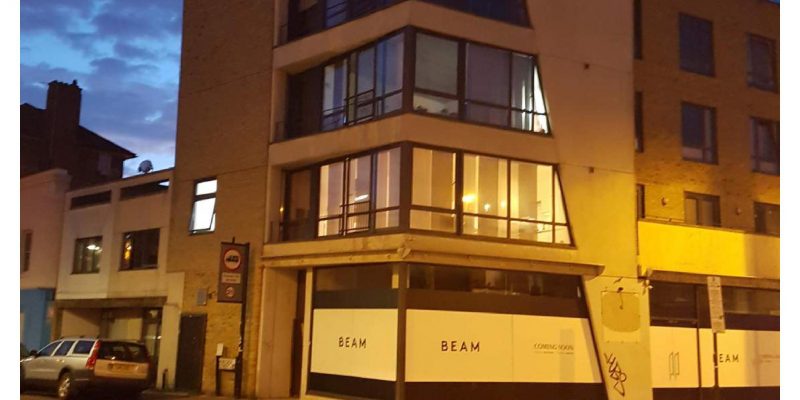September 2020 was the highest average recorded for property in the capital. It included detached, semi detached and terraced houses as well as flats and maisonettes.
This means than many people in lower income households are finding it very hard to climb the property ladder; leaving many behind and worse off then their parents were at their age.
Louisa from ‘Trust For London’, an independent charitable foundation that aims to tackle poverty and inequality in the capital believes that: “High and rising housing costs are a major driver of poverty in London. Housing (along with transport and childcare) is one of the biggest contributors to the higher costs of living in London, compared with the rest of the country (Minimum Income Standard for London, 2019). There needs to be a dramatic increase in the proportion of new social and affordable homes made available to low- and middle-income Londoners.”
In London, it costs £1,280 a month to rent a one-bedroom private-rented property whereas it is £620 for the rest of England, that’s more than double. Yet the median salary in London is £640 per week whilst it’s £470 pw for the rest of the UK.
Islington
A borough in London that is very hard to find any space in is Islington. It is the second most densely populated (behind Tower Hamlets) with 16,300 people per square kilometre and like almost all area in the capital, has a housing problem.
It is a borough that perhaps better than most highlights the differences many people see of the divide between the rich and poor in the capital.
On one hand it has more than 14,000 people on the council housing waiting list. When it comes to housing affordability, residents in Islington pay more proportion of their income on rent than the average Londoner.
Meaning that many in the inner borough are not earning enough to be able to comfortably afford their rent.
34% of its population is considered to be poor, which is higher than the average per borough for London.
Yet on the other hand it and when it comes to homelessness, it is better than average (0.01% homelessness duty owed per 1,000 households).
Housing for those on lower incomes has been an issue for a very long time in London; forcing many of those that have lived in it for years to move out in order to be able to live and afford a home. But what are the solutions? and what should be done?
Louisa from Trust for London said: “Providing good quality affordable homes is essential, as is addressing the persistent and linked problem of homelessness, and ensuring tenants voices are heard in the debate.”


 On your bike! The lockdown cyclists who are helping the planet
On your bike! The lockdown cyclists who are helping the planet